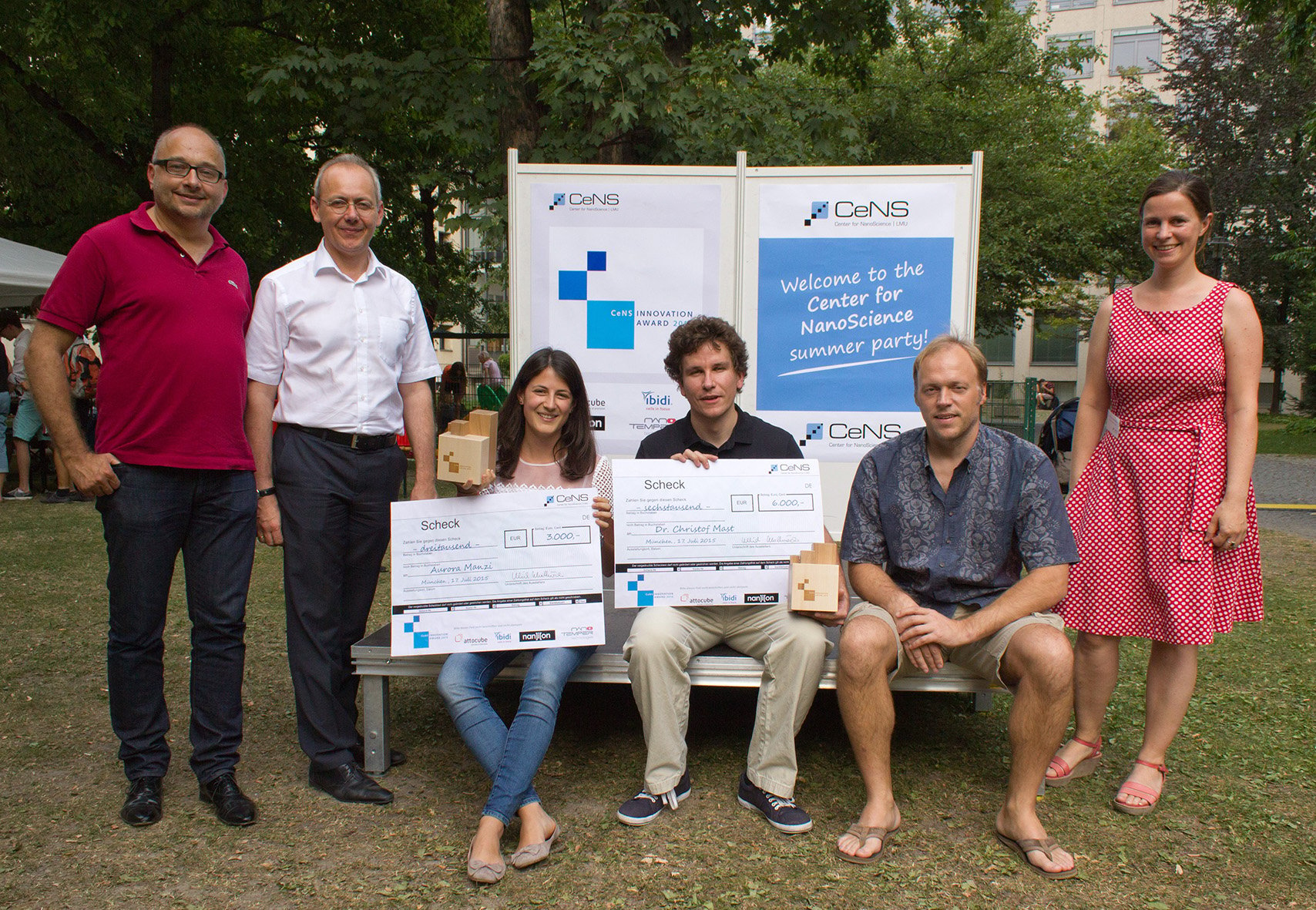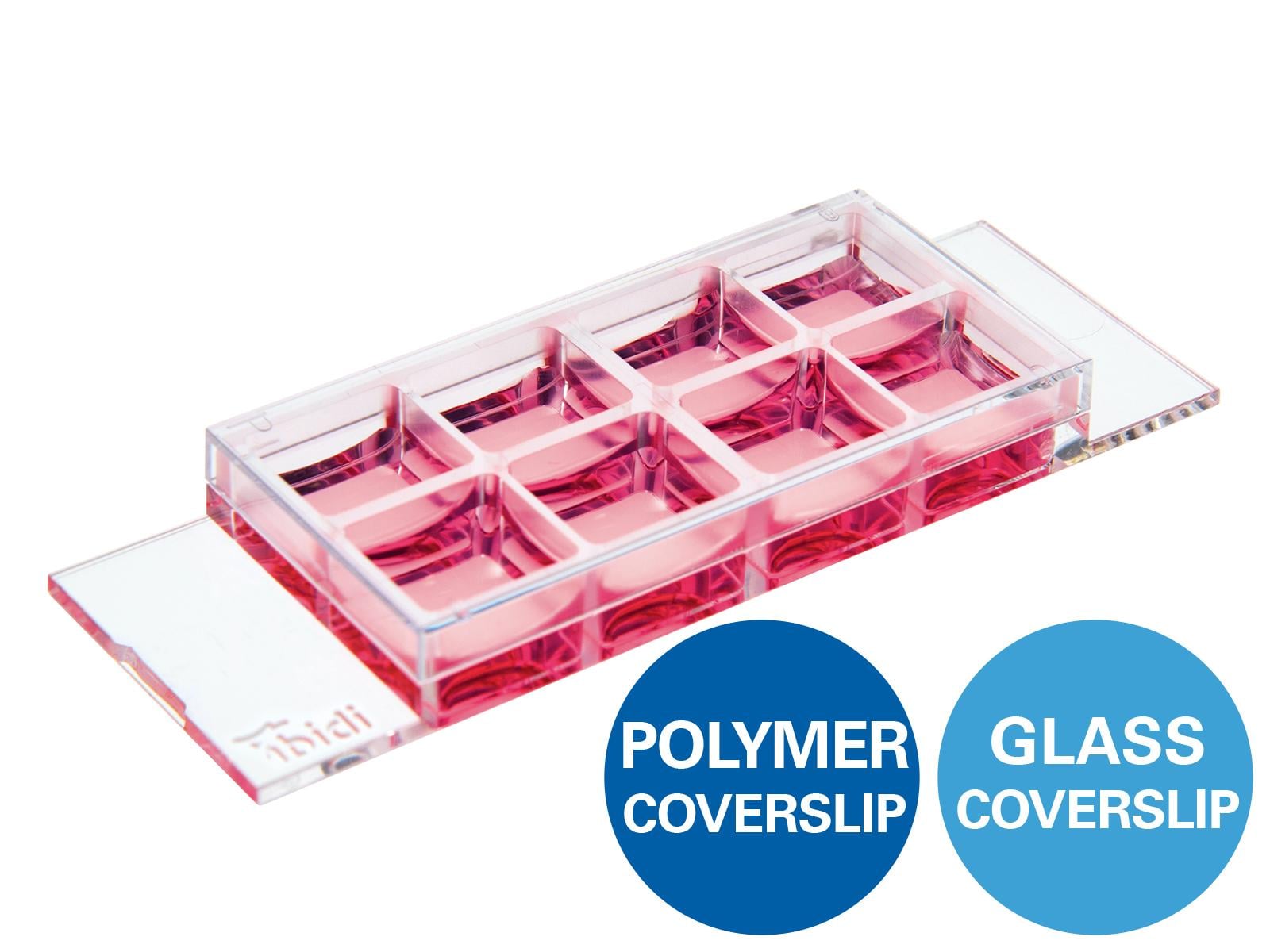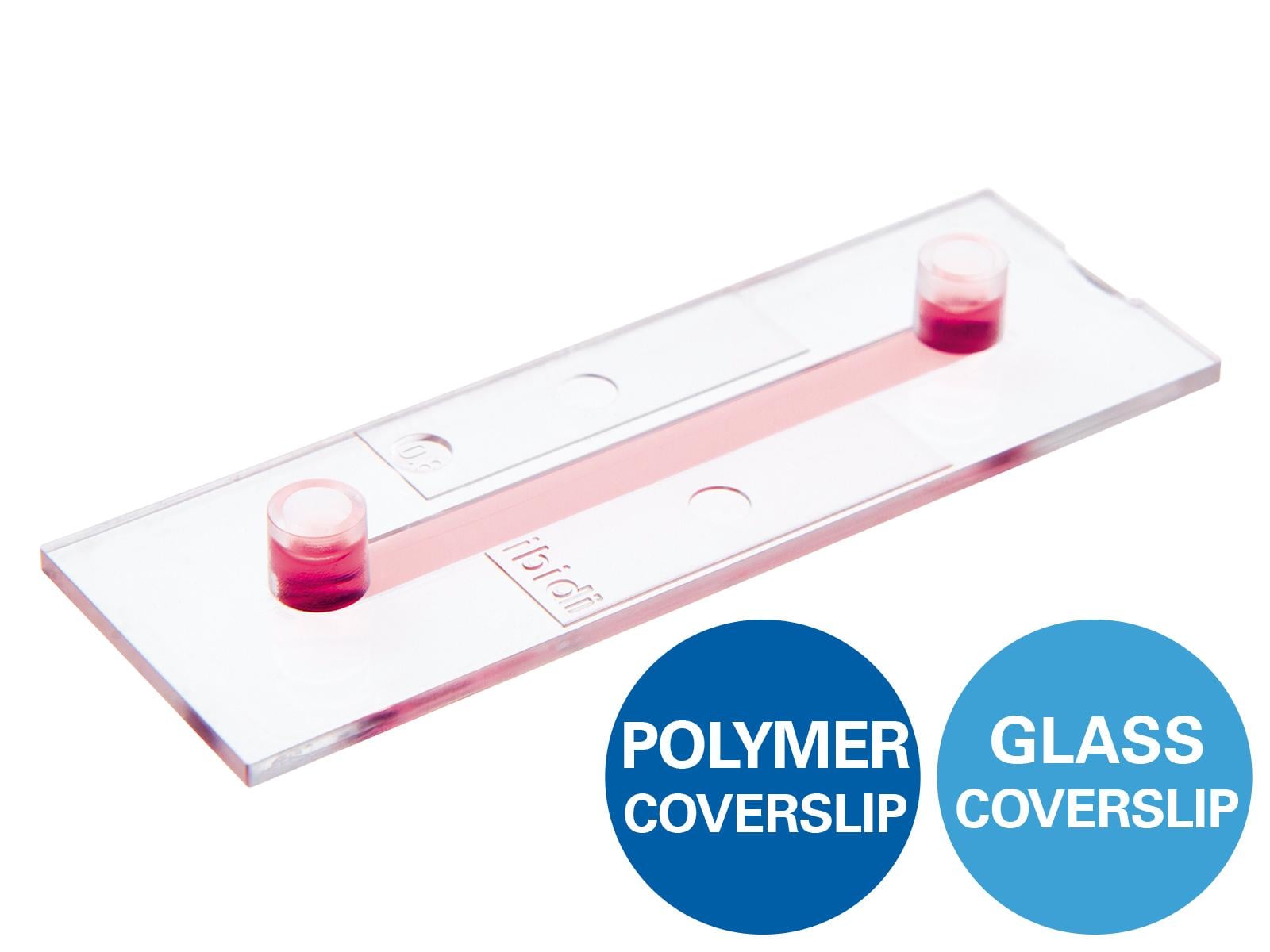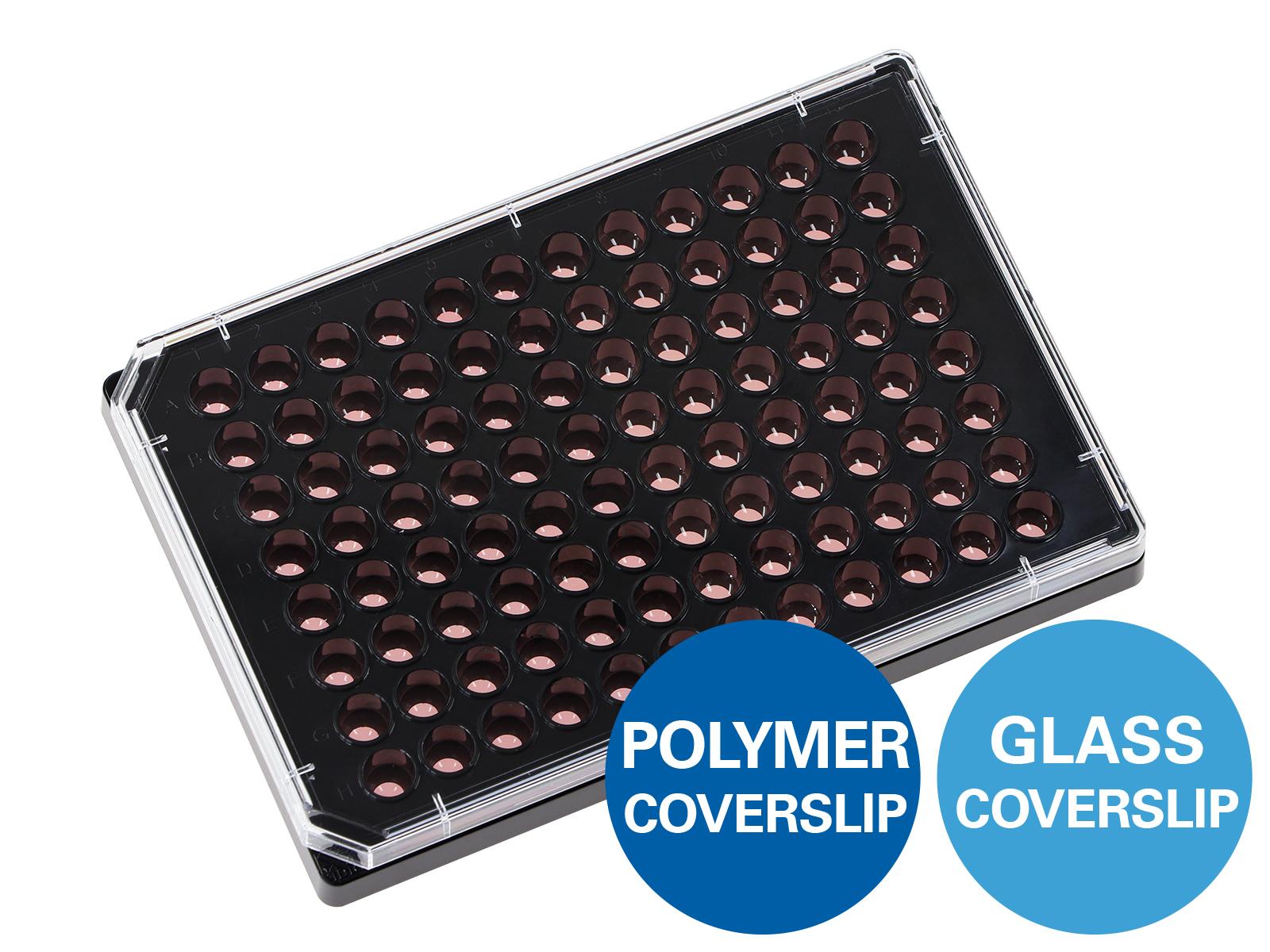CeNS Innovation Award 2015 for Junior Nanoscientists - From Fundamental Research to Applications
The LMU Center for NanoScience and four LMU spin-off companies jointly award innovative theses

On July 17, the CeNS Innovation Award was awarded at the Center for Nanoscience (LMU Munich) for the first time. One PhD student and one Master student received the award for their innovative work in application-oriented nanoscience. The awardees were selected by a top-class jury including amongst others Prof. Dr. Krubasik, president of the Deutsche Physikalische Gesellschaft. The award is worth € 9.000 and was donated by ibidi and three other successful spin-offs of CeNS.
While most scientific prices emphasize on findings and results in fundamental research only, the CeNS Innovation Award decidedly attaches importance to future applicability. The prize money is donated by four successful spin-offs of CeNS, all with their own company history directly connected to the idea of the award – the companies attocube systems AG, ibidi GmbH, Nanion Technologies GmbH, and NanoTemper Technologies GmbH. “We are pleased to honor gifted and creative junior researchers, whose results are not only interesting for fundamental research but also promising for technological applications”, stated Dr. Valentin Kahl, CEO at ibidi GmbH.
 Aurora Manzi from the group of Professor Jochen Feldmann (LMU) received an award worth € 3.000 in the category "Master's thesis". In her thesis, Aurora Manzi explored in cooperation with GE the usage of solar energy as an alternative to fossile fuels: She investigated the photocatalytic reduction of the greenhouse gas CO2 to methane, a valuable energy source. To this end, she developed an innovative, light-induced method to produce nanostructured semiconductors consisting of copper sulfide nanorods. These nanorods are capable of reducing CO2 to carbonmonoxide and methane under a broad visible light range. This method could contribute to developing efficient techniques for the transformation of solar energy into chemical energy sources. The 25 years old student, who originally comes from Italy, is currently continuing her academic career as a PhD student in Professor Feldmann’s group.
Aurora Manzi from the group of Professor Jochen Feldmann (LMU) received an award worth € 3.000 in the category "Master's thesis". In her thesis, Aurora Manzi explored in cooperation with GE the usage of solar energy as an alternative to fossile fuels: She investigated the photocatalytic reduction of the greenhouse gas CO2 to methane, a valuable energy source. To this end, she developed an innovative, light-induced method to produce nanostructured semiconductors consisting of copper sulfide nanorods. These nanorods are capable of reducing CO2 to carbonmonoxide and methane under a broad visible light range. This method could contribute to developing efficient techniques for the transformation of solar energy into chemical energy sources. The 25 years old student, who originally comes from Italy, is currently continuing her academic career as a PhD student in Professor Feldmann’s group.
 In the category "PhD thesis", the jury awarded the prize worth 6.000 EUR to Dr. Christof Mast from the group of Professor Dieter Braun (LMU). In his work Christof Mast could implement the amplification and self-enhancing, sequence-selective escalation of DNA length in a thermal trap for the first time. Due to minimal sample volumes, high sensitivity, and sequence selectivity, this method has the potential for rapid and continuous evolution of so called aptamers. Aptamers are short, single-stranded DNA or RNA molecules which specifically bind to targets and can thus selectively inactivate proteins within the cell. Thus, the technique developed by Christof Mast could contribute significantly to the faster development of targeted drugs. Dr. Masts’ results have been published in renowned scientific journals and in a patent specification.
In the category "PhD thesis", the jury awarded the prize worth 6.000 EUR to Dr. Christof Mast from the group of Professor Dieter Braun (LMU). In his work Christof Mast could implement the amplification and self-enhancing, sequence-selective escalation of DNA length in a thermal trap for the first time. Due to minimal sample volumes, high sensitivity, and sequence selectivity, this method has the potential for rapid and continuous evolution of so called aptamers. Aptamers are short, single-stranded DNA or RNA molecules which specifically bind to targets and can thus selectively inactivate proteins within the cell. Thus, the technique developed by Christof Mast could contribute significantly to the faster development of targeted drugs. Dr. Masts’ results have been published in renowned scientific journals and in a patent specification.




